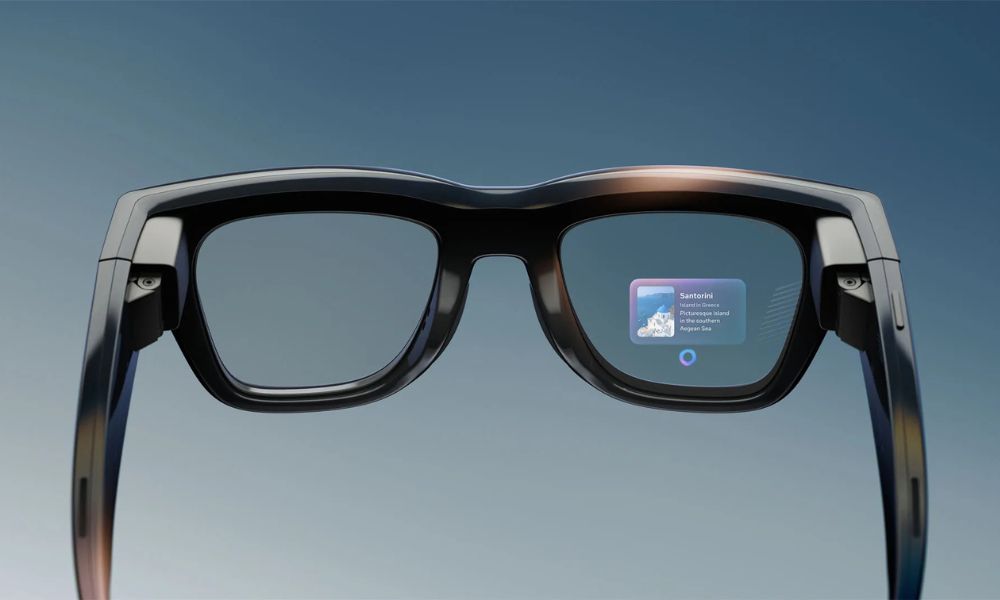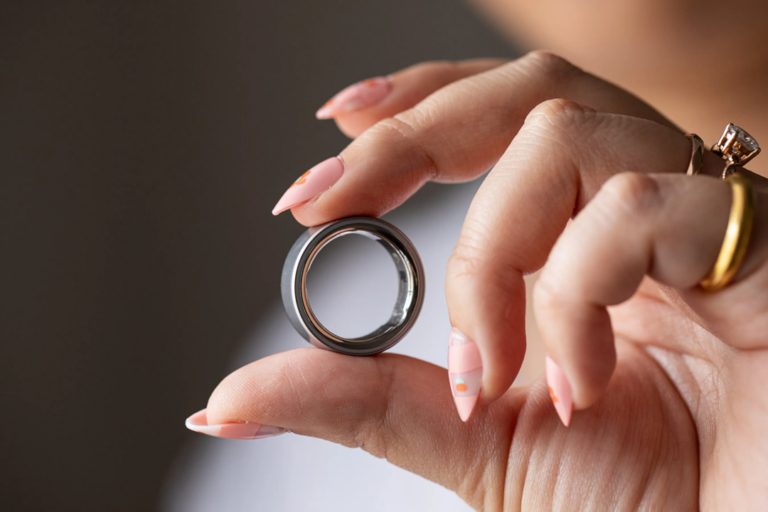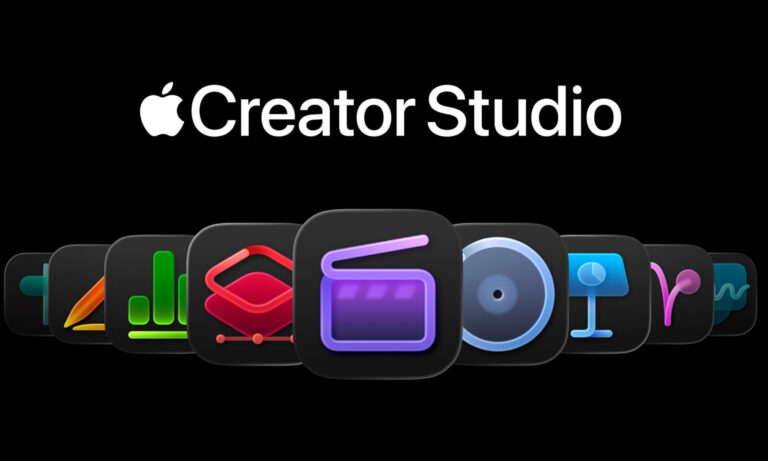For nearly two decades, the smartphone has been the undisputed center of our digital lives. But if Mark Zuckerberg has his way, the device we carry in our pockets may soon give way to something we wear on our faces. At Meta Connect, the company’s annual tech showcase, Zuckerberg argued that smart glasses will eventually take over the role smartphones play today.
This is not a throwaway prediction. Zuckerberg has long envisioned a future where voice commands, gestures, and artificial intelligence replace the small glowing screen. In his view, smart glasses are the gateway to what he calls “personal superintelligence,” technology that knows us, understands us, and helps us navigate the world around us.
The idea of glasses as the next big platform isn’t new. Google tried it back in 2013 with Google Glass, a product that never caught on. It was expensive, awkward, and quickly became a cultural punchline. What makes today different is that the technology has improved and the design is more discreet. Meta’s partnership with Ray-Ban, for example, has given its glasses a look that feels less like science fiction and more like everyday fashion.
Consumers seem to be warming up. Ray-Ban’s parent company reported that sales of Meta glasses tripled last year, making them the leading brand in this young market. Their appeal goes beyond hands-free photos and calls. Thanks to AI, the glasses can interpret the world in real time like translate a sign or answer questions about your surroundings.
Still, there are hurdles. Meta’s current glasses don’t display images in front of your eyes; they rely mostly on audio feedback. Rivals like Google and Samsung are working on models that project information directly onto the lens, a feature that could be essential if glasses are truly to replace phones. And despite rising interest, smart glasses remain niche compared to the billions of smartphones sold each year.
So why is Zuckerberg pushing so hard? Part of it is strategic. Meta’s apps—Facebook, Instagram, Threads—run on phones largely controlled by Apple and Google. By building its own hardware, Meta could take back control of how people access its platforms. In other words, this isn’t just about new technology; it’s about independence.
The bet is risky. Meta has already lost billions trying to build its future around virtual and augmented reality, and there’s no guarantee that glasses will ever become as essential as smartphones. Yet history shows that shifts in how we connect can happen faster than expected. Few people in 2007 thought the iPhone would transform daily life.
Whether Zuckerberg is remembered as the man who replaced the smartphone or as someone chasing another elusive dream remains to be seen. For now, the phone in your pocket is safe. But if Meta’s vision takes hold, the way we look at the world may be about to change.
ALSO READ: INSIDE BVLGARI’S KALEIDOSCOPE: A COLOR EXPLOSION IN TOKYO.




